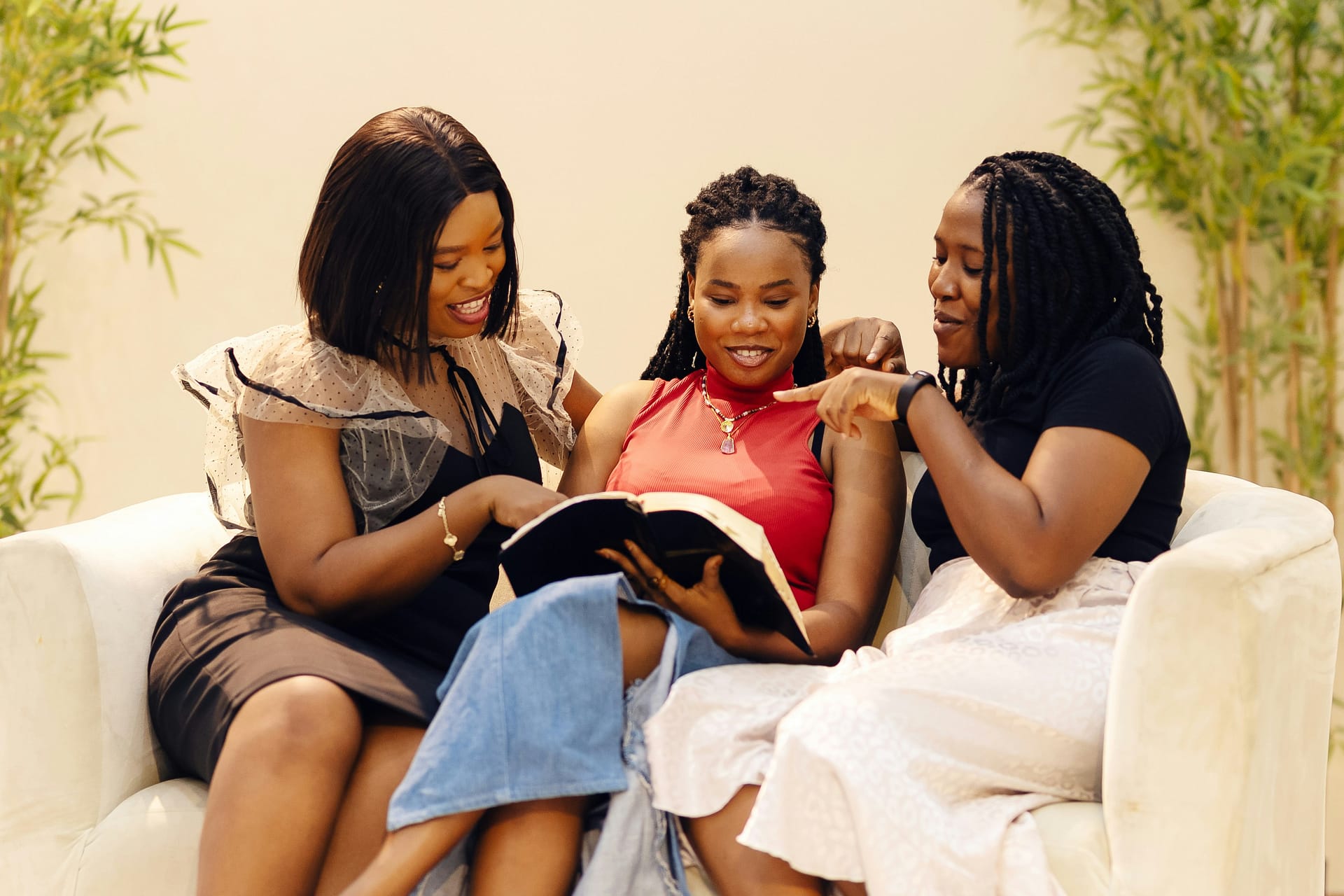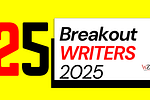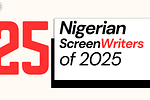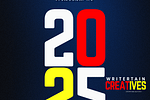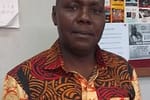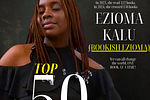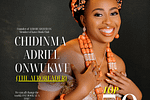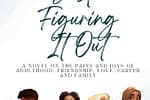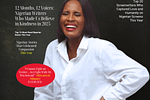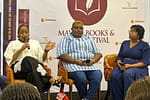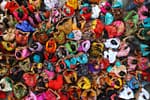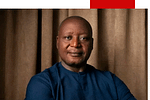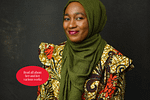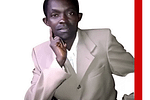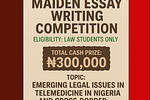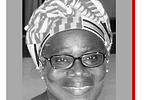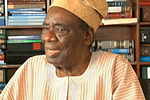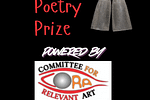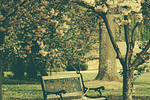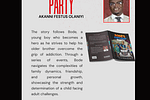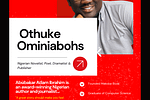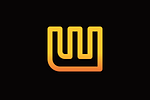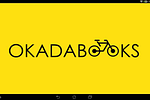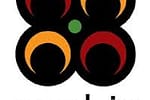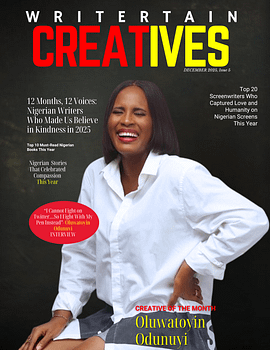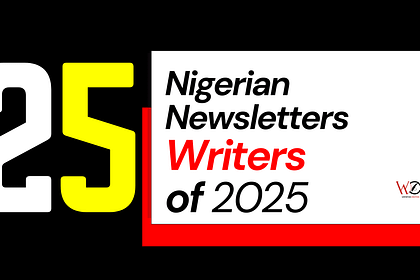In the last two decades, a number of digital and physical platforms emerged to support Nigerian writers, offering spaces for expression, mentorship, feedback, and community. These platforms shaped the development of many literary voices and provided rare access to audiences, especially for those operating outside traditional publishing.
However, many of these initiatives have either gone silent, become inactive, or disappeared altogether. Their closures raise questions about sustainability, institutional support, and the vulnerability of literary ecosystems built around individuals or short-term funding. This article reflects on a few key platforms that were once vital to the Nigerian literary space but are now inactive or defunct.
OkadaBooks
Launched in 2013 by Okechukwu Ofili, OkadaBooks was one of the most significant self-publishing platforms for Nigerian authors. It allowed writers to upload, sell, and distribute their books digitally with minimal barriers. It attracted thousands of users, published hundreds of books, and was particularly useful for independent authors who could not access traditional publishers. In 2023, the platform shut down abruptly, citing internal and operational challenges. Its closure left a notable gap in the local publishing infrastructure, especially for digital-first writers.
NaijaStories.com
Founded by Myne Whitman around 2010, NaijaStories.com functioned as an early social network for Nigerian writers. It allowed members to publish short stories, participate in themed contests, and receive peer feedback. The website was a hub for community-based literary growth and was instrumental in nurturing early-career writers. Although the domain still exists, the site has not been active for several years, and most community activities have stopped.
Connect Nigeria Writing Challenge
Connect Nigeria, a business and information platform, once hosted monthly writing contests that invited Nigerian writers to submit essays or short fiction. Although the prizes were modest, these competitions helped new voices gain exposure. The initiative faded quietly, and the company no longer runs any consistent literary program. Its discontinuation reflects a broader trend of corporate-led writing competitions with unclear long-term goals or follow-up infrastructure.
Saraba Magazine
Founded in 2009 by Emmanuel Iduma and Dami Ajayi, Saraba Magazine gained international recognition for publishing high-quality fiction, nonfiction, poetry, and interviews. The magazine was known for its experimental aesthetics and bold editorial voice. It created thematic issues and was open to writers across the African continent. Saraba stopped updating its website in 2018. While some of its founders have continued to work in the literary field, the magazine itself remains inactive.
Farafina Trust Creative Writing Workshop
Founded by Chimamanda Ngozi Adichie and sponsored by the Farafina Trust, this workshop ran annually from 2007 until its last known edition in 2016. It offered intensive training in creative writing, led by Adichie and other notable African writers. The workshop was considered the most prestigious literary training program in Nigeria. Its discontinuation was not formally announced, but participants and observers have confirmed its absence since 2016. The lack of institutional continuity has been deeply felt, as many alumni have gone on to successful literary careers.
Facebook Writing Communities
Groups such as Naija Poets Lounge, Young Nigerian Writers, and Writers’ Garage flourished between 2012 and 2017. These spaces functioned as informal workshops where members could post poems, receive critiques, and participate in daily or weekly prompts. However, the decline in Facebook engagement, migration to other platforms, and the absence of structured moderation have led many of these communities into dormancy.
YNaija FrontPage and StyleVitae Submissions
YNaija’s “FrontPage” and StyleVitae’s blog section once accepted user-generated content, especially opinion articles and lifestyle essays. For many young Nigerians, these platforms were among the first outlets where they could publish non-academic writing. In recent years, editorial direction shifted toward celebrity coverage and commercial content, with the submissions model largely phased out.
Open Mic Lagos
Before the pandemic, Open Mic Lagos was one of the most vibrant performance spaces for poets, spoken word artists, and monologue writers. Held in cultural hubs such as Bogobiri House, the event combined performance, therapy, and community. Like many live events, it was halted due to COVID-19 restrictions. Unfortunately, it has not returned, and its absence marks a loss in live literary culture.
The Broader Implication
These examples are not just isolated cases. They speak to a deeper concern about the precarity of literary spaces in Nigeria, especially those that rely heavily on individual passion, short-term sponsorship, or informal community management. Unlike institutions with strong endowments or government support, many Nigerian platforms operate without adequate planning for longevity or transition.
While new spaces may emerge, the loss of established ones leads to gaps in mentorship, visibility, and historical continuity. This makes it difficult for emerging writers to trace local literary lineage or find consistent support.
Conclusion
The closure or dormancy of these platforms should not only be seen as a loss but also as an opportunity for reflection. How can Nigerian literary culture build structures that are resilient, transparent, and accountable? What can be done to ensure that the next generation of platforms do not fade in similar ways?
Sustainability, partnership, and documentation must become central to future efforts. Without them, the cycle of emergence and disappearance may continue to undermine the growth of Nigeria’s literary ecosystem.
